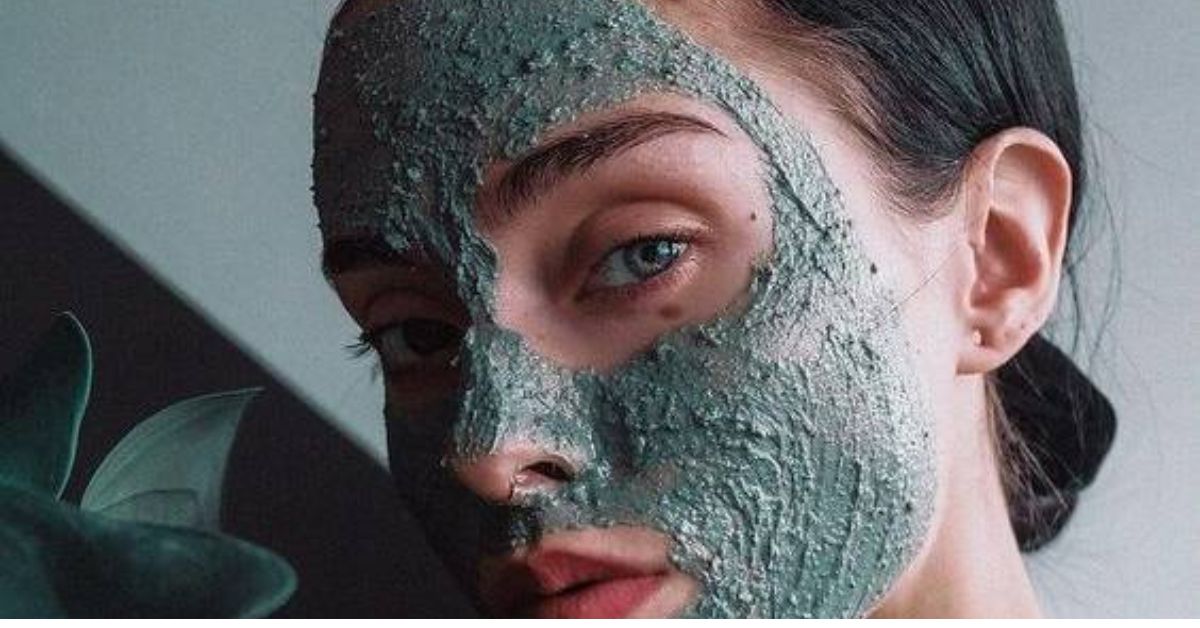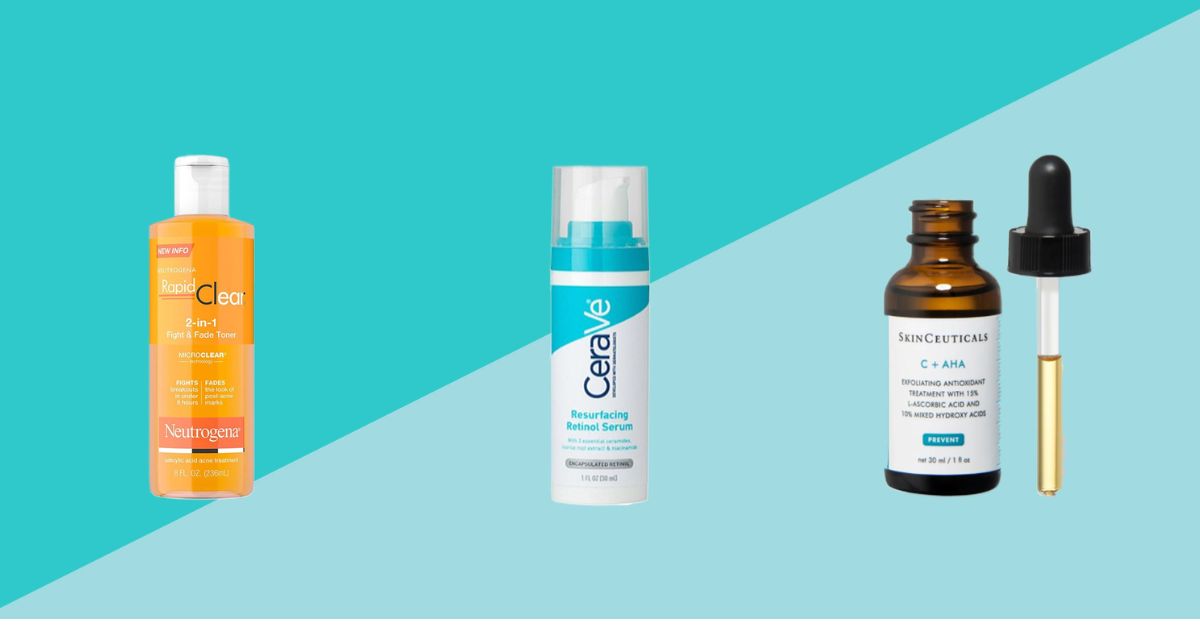
Acne scars are the nightmare of every girl indeed. Between the ages of 11 and 30, 80% of people experience hormonal fluctuations, stress, menstruation, oil-based cosmetics, or birth control pill use as the cause of their acne. Only 5% of these individuals develop acne scars, though.

A bacterial infection can cause clogged pores to swell, turn red, and hurt. Additionally, the lesions or outbreaks of acne penetrate deeply and harm the skin underneath. Your skin attempts to treat these lesions by generating new collagen fibres, but this may leave a noticeable scar or pit in its wake. When the acne goes away, it could become more obvious.
Types of Acne Scare
1. Atrophic Scars: When skin tissue is lost, an atrophic scar results.
- Ice Pick Scars: These typically leave behind little, observable holes in your skin.
- Boxcar scars: These are depressed spots that are often round or oval in shape, have sharp edges, and resemble chickenpox scars.
- Rolling Scars: The lower cheekbones and jaw, where the skin is thicker, are the common locations for rolling scars. The skin is uneven and wavy due to the sloping indentations.
2. Hypertrophic Scars: A mass of elevated tissue on the skin known as a hypertrophic or keloid scar results when the skin generates too much collagen to mend acne wounds. It may also be sensitive and irritating.
Natural Remedies for Acne Scars

Here are some natural remedies to treat your scars.
1. Tea Tree Oil
This is a substance with antibacterial and anti-inflammatory qualities that is obtained from the Melaleuca alternifolia tree in Australia. Applying oil to the face in specific areas may alleviate scarring and eliminate comedones.
2. Coconut oil
According to studies, coconut oil hydrates skin and helps to reduce acne scarring. However, you should avoid applying it straight if you have very oily skin. If not, it might make things worse. To treat this problem, use cold-pressed coconut oil.
3. Turmeric powder
Due to its anti-inflammatory qualities, turmeric powder may inhibit the growth of bacteria. Scarring is also diminished, and it aids skin renewal.
4. Margosa (also known as neem)
This plant possesses antibacterial qualities that may slow down the growth of microorganisms in skin pores.
5. Aloe vera
Aloe vera controls melanin synthesis and lessens pigmentation and discolouration.
6. Apple cider vinegar
Apple cider vinegar diluted may assist in removing the top layer of your skin and lessen the visibility of acne scars. Make sure the fluid is well diluted, though. The face can also be harmed by concentrated apple cider vinegar.
7. Honey and lemon
Lemons are an excellent source of vitamin C. A healthy skin tone can be maintained with vitamin C. Itching is known to be lessened by honey. This mixture helps your body repair while also moisturising your skin naturally and reducing the overproduction of sebum. Once more, diluted lemon juice is advised.
8. Shea butter
This anti-inflammatory substance aids in lowering bacterial development, which contributes to acne. Additionally, it lessens stains and acne scars.

You must adhere to these recommendations to encourage acne’s natural healing and stop additional scarring.
- Overexposure to the sun can discolour and accentuate your scars. To reduce exposure to the sun, use sunscreen with an SPF of 15.
- The suppleness of your skin may be reduced by excessive washing or scrubbing. Thus, you must stay away from it.
- Avoid picking or popping pimples since the bacteria in your fingers or nails may increase the likelihood of scarring.
- Drink plenty of water to stay hydrated and help your body eliminate toxins, which will also help you experience fewer acne outbreaks.
- Before going to bed, wash your face and take off your makeup as part of your skincare routine.
- Avoid smoking as it may make acne scars more likely.
Summing up:
Over time, scars may slightly lessen but they might not go away. To lessen the likelihood of subsequent acne outbreaks, your doctor may advise using creams or face washes containing salicylic acid, alpha hydroxy acid, lactic acid, retinoid, azelaic acid, and niacinamide.
Use these only after seeing your doctor and confirming that they won’t conflict with any prescription drugs or therapies you are currently receiving.
Recommended Readings:
What's Your Reaction?
Priyanka is a graduate of Journalism and Mass communication. She loves to write and create content that revolves around fashion and beauty. With years of experience in content writing, she has good knowledge and ideas related to fashion, beauty, and travel content.



